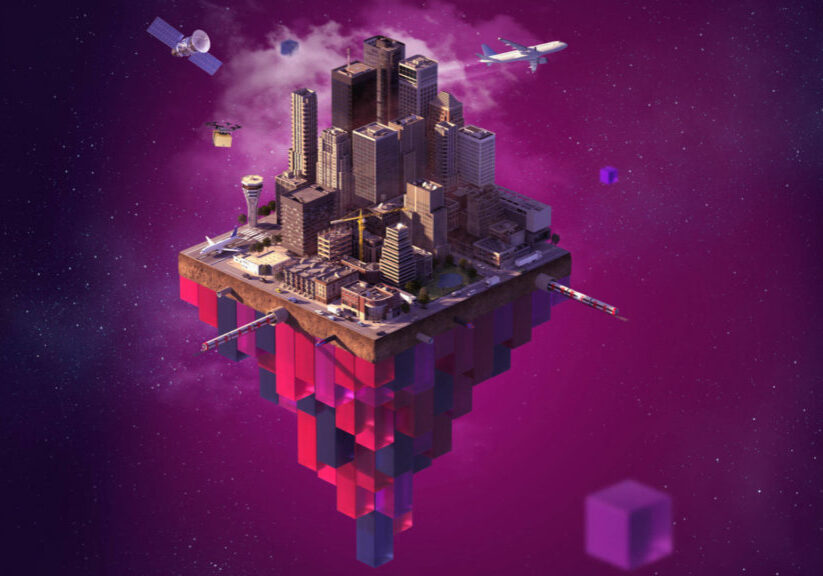Cloud Technology Associate+ Certification
The Cloud Technology Associate+ (CTA+) certification provides an overview of advanced concepts related to cloud, virtualization, and various other terminologies which are seamlessly blended with latest digitization trends and technologies.
In addition, this certification also provides various hands-on labs on AWS cloud which will help the participants to enhance their understanding and knowledge of virtual machines and storage in the cloud. This course builds on the Cloud Technology Associate course and adds on to the CTA+ course with various advanced concepts such as Blockchain, Bitcoin, Virtual Reality, Augmented Reality etc.
Get 15% Discount on CCC Self-study Bundle
The time is now to develop your skills and improve your capabilities.
15% Discount code – goCCC!

Learning Objectives
- Explain the hazardous and disingenuous cloud computing myths and misconceptions.
- Define additional cloud terminologies and concepts.
- Identify the different virtualization aspects.
- Learn about the additional digital disruptive technologies and digitization trends.
- Understand the additional concepts in cloud security, risks, and governance.
- Identify the best practices for adopting the cloud.
Module Overview
- Module 1: Course Introduction
- Module 2: Cloud Computing Myths and Misconceptions
- Module 3: Cloud Terminologies
- Module 4: Virtualization
- Module 5: Digital Disruptive Technologies and Digitization Trends
- Module 6: Cloud Security, Risks, and Governance
- Module 7: Cloud Adoption
Target Audience
- IT Specialists (Analysts, Developers, Architects, Testing, etc.)
- IT Administrators (System, Database, etc.)
- IT Provisioning and Maintenance (Hardware, Network, Storage, etc.)
- IT Managers
- IT Project Managers
- Others (Sales, Purchase, Audit, Legal, etc.)
3 Steps to Certification
Below are the steps for taking exams to earn your CCC certification.
Step 1
Choose Your Certification
CCC certification programmes teach the bigger-picture aspects of new and emerging technologies, and are an ideal starting point for anyone, or any organisation, looking to get ‘Digital Ready’.
Browse CCC Certifications
Step 2
Start Learning and Training
You can find the full list of the CCC Training Partners and filter them by their location. However, in case you cannot find a CCC training near your location you can always opt for a self-study solution.
CCC Training Partner | Online Self-study with Exam
Step 3
Pass the Certification Exam
Generally, your training partner will book the certification exam for you. If you have chosen an online self-study option you will be able to use the voucher provided with the training material.
Prerequisites
There are no formal prerequisites. However, it is recommended that you attain the Cloud Technology Associate Certification (or its equivalent) from the CCC, and/or that you are conversant with cloud concepts and vocabulary.
Examination
Successfully passing (65%) the 45-minute exam, consisting of 30 multiple-choice questions, leads to the Cloud Technology Associate Certificate.
Are You Ready to Take the Cloud Technology Associate+ Exam?
We have prepared a set of questions that can help you evaluate your Internet of Things knowledge.
Are you already Cloud Technology Associate Certified?
Update your LinkedIn profile. Include your certificate number for verification.
Keep learning









